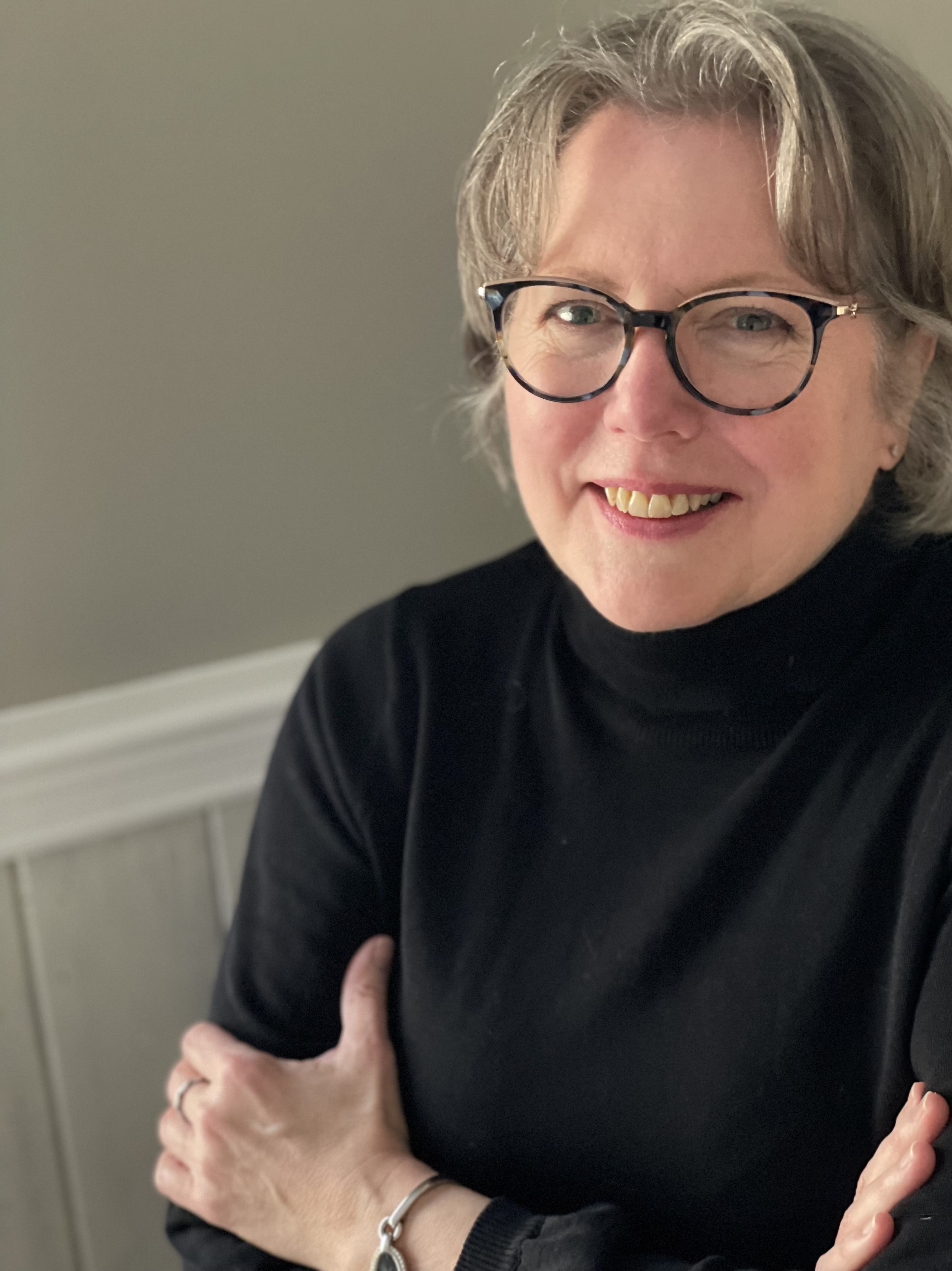In July 2018, a friend’s husband died in a freak accident while working in their yard. It left my friend stunned and so very, very sad, and his death reverberates still.
I’ve written many times about grief, and how it bounces in and out and around our lives and lands sometimes in the most unexpected places at the most inopportune times (like there’s ever a good time for loss). But you know how grief is. It doesn’t make appointments.
Sudden loss can feel like an ambush. It barges in and takes over everything, and the accompanying emotions stun us, infiltrate and define our most tender feelings, and they never really leave, even when we don’t feel them as acutely anymore.
Time goes by and we go about our lives, not thinking about grief, perhaps even (foolishly) thinking we’ve conquered it, feeling like we’re so over ________ (fill in your loss), and then WHAM! We find ourselves in a friend’s kitchen, helplessly hugging her as she cries desperately in her own mourning, grieving a loss that, while uniquely hers, feels very familiar. The emotions from our own day of loss flood back, perhaps not as strong, but it is grief’s way of reminding us that it never, ever goes away.
There are times, too, when grief is more subtle and refuses to readily identify itself. Your life, by all accounts, is fine. You’re holding it together, and you even dared to be happy and smile again. Then, seemingly out of nowhere, you wake up one morning with an overwhelming sense of dread and sadness, feeling like you can’t pull the blanket off from around your head. You wander around dazed for a while – a day, a week, a month, longer – unable to put your finger on the culprit because, you know, that death/loss was so long ago and you’re, like, totally over it, so it must be something else.
But it’s not.
I write this to remind us that grief is not something we ever finish. And honestly, I don’t think it’s supposed to end. Neither does Author Hope Edelman, whose mother died in 1981 when Edelman was seventeen. In her latest book, The AfterGrief: Finding Your Way Along the Long Arc of Grief, she writes:
“Thirty-nine years and you’re not over it yet?
Anyone with major loss in the past knows this question well. We’ve spent years fielding versions of it, explicit and implied, from parents, siblings, spouses, partners, relatives, colleagues, acquaintances, and friends. We recognize the subtle cues – the slight eyebrow lift, the soft, startled, “Oh! That long ago?” – from those who wonder how an event so distant can still occupy such precious mental and emotional real estate. Why certain, specific nodes are still so tender when poked.
How many of us have wondered the same?
You’re still not over it yet? As if the death of a loved one were a hurdle in a track meet that could be cleared and left behind.”
I’m not saying we should feel miserable all the time or constantly remind ourselves of what we’ve lost. But loss and grief are inevitable for each one of us, and instead of trying to drink it away, drug it away, sex it away, eat it away, or work it away, why not use the hell out of it and grow empathy where perhaps there wasn’t any? Even if someone’s loss isn’t exactly the same as ours, understanding that the experience of loss is overarching and universal can train us to be more understanding, kind, helpful, and – when warranted – involved in bringing change to what is wrong.
Grief can strengthen us and, sadly, destroy us, but there’s no in between. The thing is, though, that even when we think it’s destroying us, it just might be strengthening us, teaching us more about ourselves than we ever wanted to know. This is not to say that what brought us to grieve is somehow a good thing. Personally, I’d rather my (and my friend’s) husband was alive, or the baby I miscarried had been born, or that the things I lost in a fire years ago hadn’t burned, or any of the other losses I’ve experienced in my life hadn’t happened. But all of these losses make up my real life. Subsequently, grief, too, is a part of my real life, and I want grief to have meaning and a purpose, even if that purpose is simply to listen to a friend who is hurting.



Thank you for this, Lynn.
Grief is the last way we get to love someone.
Exactly! Thank you for saying that, Sharyn.